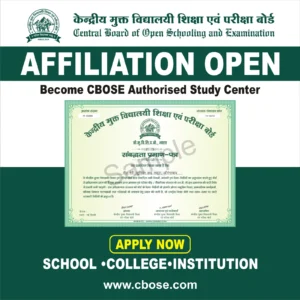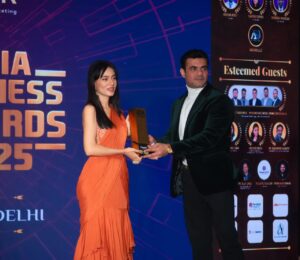“Delhi High Court Holds AI Cannot Substitute Human Intelligence in Legal Matters”
The Delhi High Court has ruled that artificial intelligence cannot replace human intelligence or the humane element in legal adjudication. The court’s decision came while dealing with a lawsuit involving a luxury brand’s trademark violation. The court cautioned against relying on AI-generated data for legal or factual issues.


The Delhi High Court has ruled that artificial intelligence (AI) cannot replace human intelligence or the humane element in the adjudicatory process when it comes to legal matters. The court stated that AI, such as ChatGPT, cannot be the basis for the adjudication of legal or factual issues in a court of law. Justice Prathiba M Singh highlighted that the accuracy and reliability of AI-generated data are still uncertain, and AI tools can, at best, be used for preliminary understanding or research.
The court’s observations were made in the context of a lawsuit brought by luxury brand Christian Louboutin against a partnership firm accused of manufacturing and selling shoes that allegedly violated the brand’s trademark.
The complainant’s counsel presented responses from ChatGPT regarding the brand’s “reputation” and argued that these responses supported their case. However, the court pointed out that responses from AI chatbots like ChatGPT depend on various factors, including the user’s query and training data. The court warned of the possibility of incorrect or imaginative responses generated by AI chatbots.
The court’s ultimate decision in the case involved a comparative analysis of products and ruled in favor of the complainant. It concluded that the defendant had intentionally imitated and capitalized on the reputation and goodwill of the complainant. The court found that the defendant had copied essential features of the complainant’s distinctive footwear, including the “Red Sole” and “Spiked Shoe Style.”
The defendant agreed not to copy or imitate the complainant’s designs in the future, and the court ordered that any breach of this undertaking would result in the defendant paying ₹25 lakh as damages to the complainant. Additionally, due to the defendant’s use of celebrity images on Instagram and its presence in high-end malls, the court directed the defendant to pay ₹2 lakh as costs to the complainant.
Sources By Agencies







